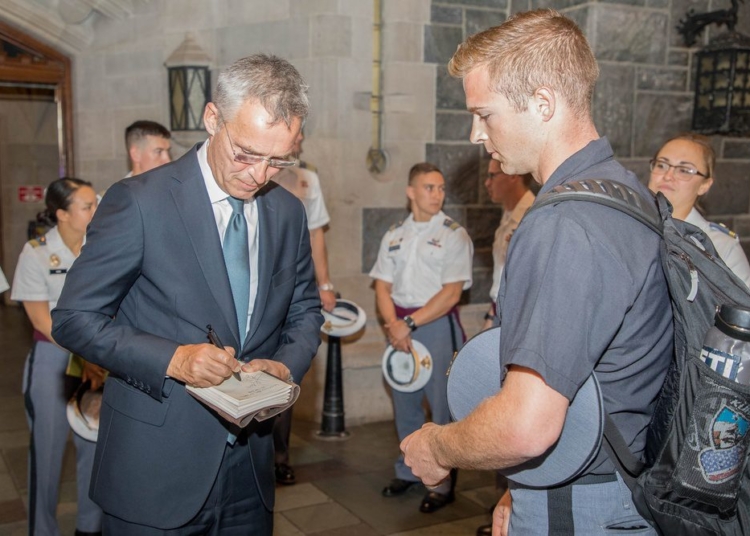NATO, the North Atlantic Treaty Organization, is facing numerous challenges in the rapidly changing world of today. These challenges include rising tensions with Russia, cybersecurity threats, and the threats posed by irregular migration and terrorism. However, NATO also has opportunities to adapt to new security challenges, enhance partnerships with non-member states and organizations, and promote stability and peacebuilding efforts around the world. By investing in modernizing capabilities, strengthening partnerships, and promoting peace, NATO can continue to play a crucial role in maintaining international security and shaping the future of global security.
Challenges and Opportunities for NATO in a Changing World
Introduction
NATO, the North Atlantic Treaty Organization, has been a cornerstone of international security since its establishment in 1949. However, in today’s rapidly changing world, NATO faces numerous challenges and opportunities that will shape its future role in global security.
Challenges
Rising tensions with Russia
One of the biggest challenges facing NATO is the resurgence of tensions with Russia. Russia’s annexation of Crimea in 2014 and continued aggressive actions in Eastern Europe have raised concerns about NATO’s ability to deter Russian aggression and protect its eastern members.
Cybersecurity threats
The increasing reliance on technology and interconnectedness of the global economy has made NATO vulnerable to cyber attacks. These attacks can disrupt communication networks, compromise sensitive information, and undermine NATO’s ability to respond to threats.
Irregular migration and terrorism
The rise of irregular migration and terrorism poses a significant threat to NATO member countries. The influx of refugees and migrants fleeing conflict zones can strain resources and create social instability. Additionally, terrorist attacks targeting NATO countries highlight the need for greater cooperation in countering extremist ideologies and preventing future attacks.
Opportunities
Adapting to new security challenges
NATO has the opportunity to adapt to new security challenges by modernizing its capabilities and enhancing its partnerships with other international organizations. By investing in new technologies and capabilities, NATO can better address emerging threats such as cyber warfare and hybrid warfare.
Enhancing partnerships
NATO can also capitalize on opportunities to strengthen partnerships with non-member states and organizations. By working closely with countries in the Middle East, Asia, and Africa, NATO can enhance its ability to address regional security challenges and promote stability in key strategic regions.
Promoting stability and peacebuilding
As a key player in international security, NATO has the opportunity to promote stability and peacebuilding efforts around the world. By supporting diplomatic initiatives, conflict resolution processes, and peacekeeping missions, NATO can contribute to global security and promote a more peaceful world.
Conclusion
In conclusion, NATO faces numerous challenges in today’s changing world, but also has significant opportunities to shape the future of international security. By adapting to new threats, enhancing partnerships, and promoting stability, NATO can continue to play a critical role in maintaining peace and security in an increasingly complex global environment.













